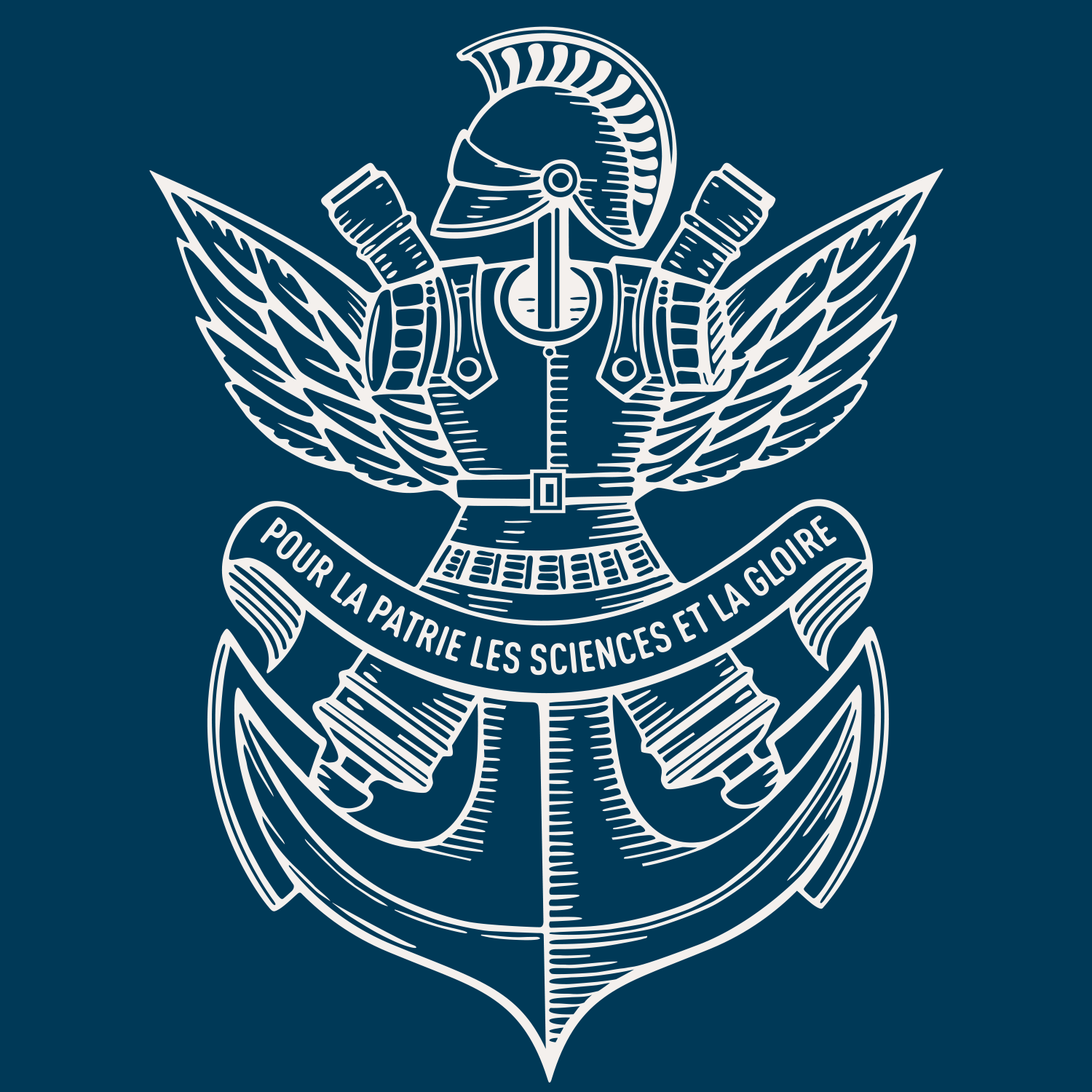Proton-transport' catalysis in the gas phase. Keto-enol isomerization of ionized acetaldehyde
Résumé
Fourier transform ion cyclotron resonance experiments show that a variety of molecules catalyze the hydrogen transfer which converts ionized acetaldehyde CH3CHO.+ 1 to its vinyl alcohol counterpart CH2CHOH.+ 2. Each of these ions has been characterized by its specific bimolecular reactions with selected reactants. Calculations show that two pathways, for which the rate determining barriers have almost the same energy, are feasible. The first transition state involves a direct catalyzed 1,3-H transfer, while the second involves two successive 1,2-H transfers. A detailed experimental study, using methanol as a catalyst as well as labeled reactants, indicates that only the first pathway operates in the isomerization process. The different steps of these two independent pathways were elucidated. The first begins with the formation of a highly stabilized complex 3, involving a two-center-three-electron interaction between the two oxygen atoms and an interaction between a hydrogen of the methyl group of 1 and the oxygen of methanol. This complex isomerizes into a complex 4, which in turn gives the complex 5, via a transition state located 6.3 kcal mol-1 below the energy of the reactants. This complex 5 corresponds to ionized vinyl alcohol hydrogen bonded to the oxygen of methanol, which dissociates to yield ion 2. The second pathway begins with the interaction between the hydrogen of the CHO group and the oxygen of methanol and gives the complexes 6 and then 7, which correspond to protonated methanol hydrogen bonded to a CH3CO radical. Dissociation of 7 to give protonated methanol is favoured with respect to further isomerization leading to ionized vinyl alcohol. Compared to the unimolecular conversion between energetic ions 1 and 2, which can occur either by a direct 1,3-H transfer or by a double 1,2-H transfer, the reaction of 1 with methanol catalyzes the first pathway while inhibiting the second one. In the case studied, catalysis is perhaps better described as a hydrogen atom transport. (C) 2000 Elsevier Science B.V.

